by Sarah Shilhavy
Health Impact News
One of the most popular products available to the general consumer to combat the issue of baked and cooked food sticking to cooking surfaces is non-stick spray. A good reason to avoid these sprays is the fact that many of them are made with unhealthy oils and lecithins, generally derived from GMO crops such as soy or corn.
But what about if they are made from a healthy oil, such as coconut oil?
Unfortunately, these cooking sprays also contain heavily processed ingredients, including propellants. Propellant is what pushes the spray out of the can, and is usually made from such things as nitrous oxide, carbon dioxide, or propane.
Nutritionist Deborah Enos recently appeared on FoxNews to discuss some of these common ingredients in cooking sprays:
Dimemythlpolysiloxane: What a mouthful that word is! This is a chemical that’s a form of silicone that helps keep the oil from foaming. I discovered that it’s also used in cosmetics, refrigerants and Silly Putty. After reviewing animal studies, the World Health Organization stated that they found no adverse health effects associated with Dimethylpolysiloxane. However, personally, I’m uncomfortable feeding my family a chemical that has uses in cosmetics and Silly Putty.
Diacetyl: Studies have shown that exposure to diacetyl (the butter flavoring that is often added to cooking sprays) can increase your risk of lung disease. With long-term or repeated exposure, diacetyl can cause serious respiratory disease. While many cooking spray manufacturers no longer use this chemical, researchers are still concerned about the risk of lung disease.
Propellants: When oil is placed in an aerosol can, you need to add some sort of force to get it out of the can and into your pan. That’s where propellants enter the picture. While most of the commonly used propellants are on the U.S. Food and Drug Administration’s (FDA) “Generally Recognized As Safe” (GRAS) list and considered safe to consume, I’m still uncomfortable adding chemicals like as isobutane or propane to my family’s diet. Butane, isobutane and propane are colorless and odorless compressed gases that are derived from petroleum and natural gas.
Even though many experts and the FDA deem cooking sprays to be safe, as a certified nutritionist and mom I prefer to keep the chemical consumption in my home at a minimum. (Source.)
These things are not food. Don’t be eating that. Especially when you have a completely natural, no frills, no nonsense product like coconut oil that will do the job just as well and won’t drag in any questionably suspicious characters.
Here’s how you use coconut oil as a non-stick agent: take a bit of the oil in soft butter or melted consistency. Using your hands, a pastry brush, or a small piece of paper towel, wipe down the surface of the baking dish or pan that will be in contact with food until lightly or well coated.
That’s it. The amount needed will depend on what you’re baking. Baked goods such as cookies with a high fat content will not stick as much, whereas delicate items like cakes will need more.
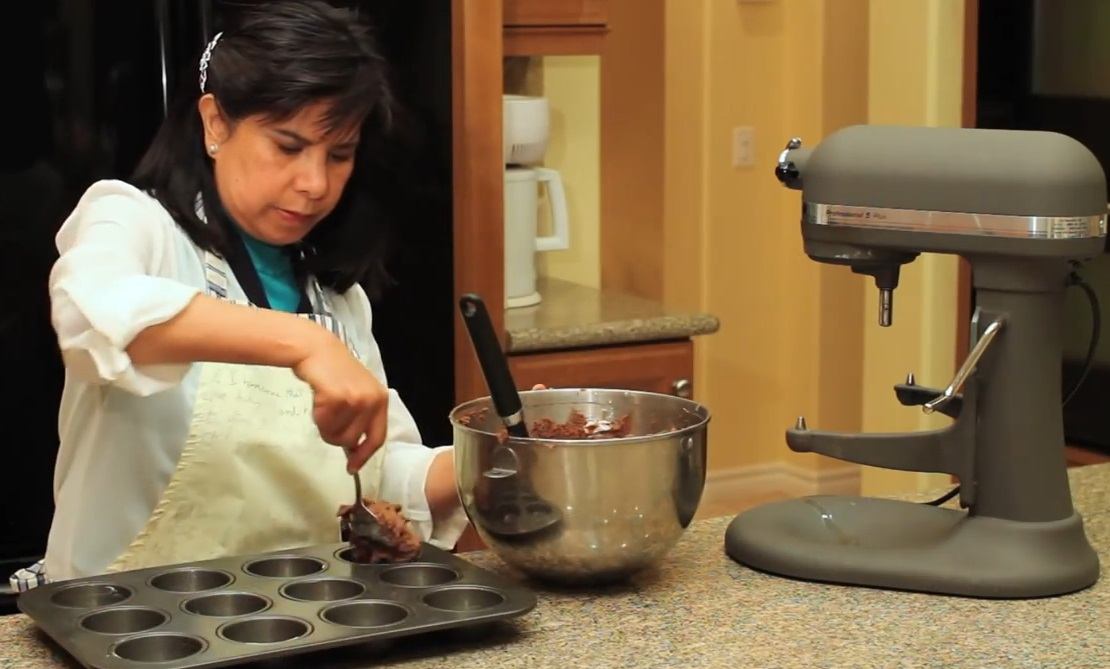
If you need more insurance for your baked goods not sticking to your baking dishes, try the flour method: grease the dish down, add in about 1 tablespoon of the flour of your choice and “dust” the entire dish with it by swirling and tapping until the flour has coated the surface. Tap out the excess flour and proceed as usual. This method is most often used for batter-based recipes with a high tendency to stick, such as cakes and quick breads.
Virgin Coconut Oil:
How it has changed people’s lives and how it can change yours!
Includes 85 recipes – Free shipping available!



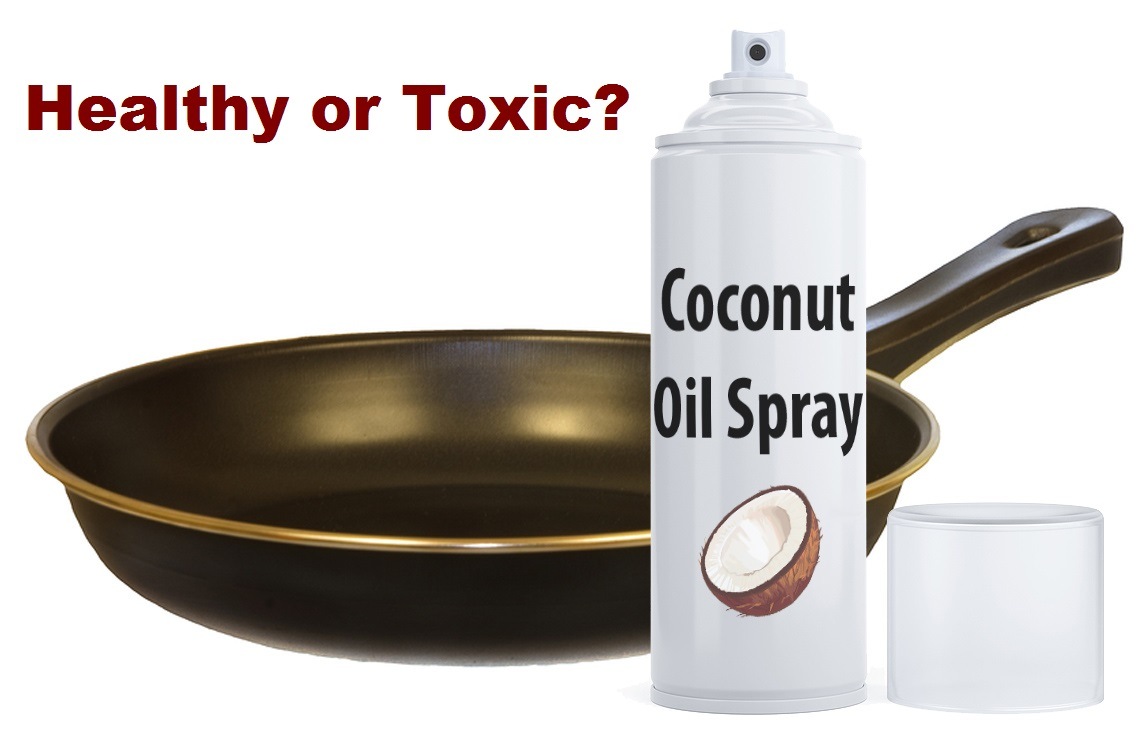
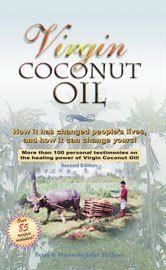
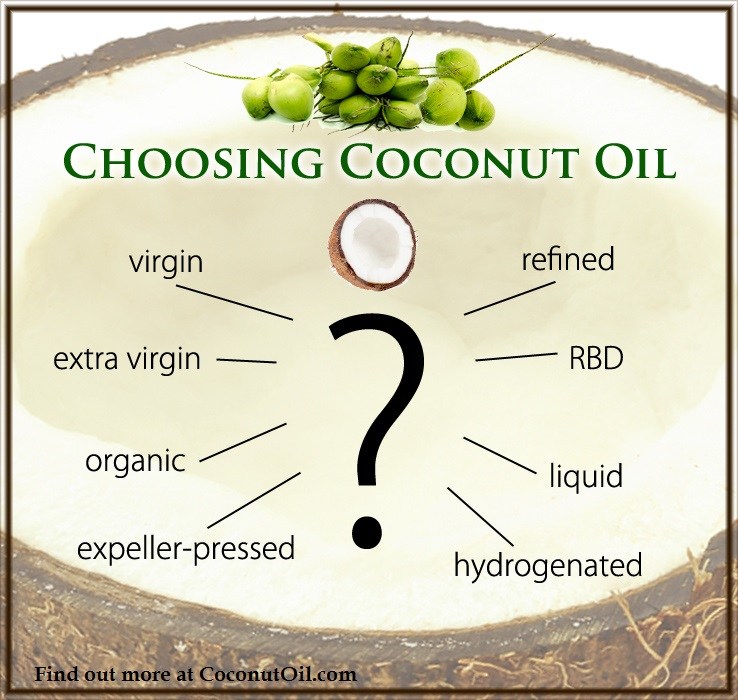

 The FDA has NOT Banned Trans Fats! Traditional Saturated Fats like Coconut Oil Continue to Shine for Alzheimer's Disease but are Condemned by U.S. Dietary Advice
The FDA has NOT Banned Trans Fats! Traditional Saturated Fats like Coconut Oil Continue to Shine for Alzheimer's Disease but are Condemned by U.S. Dietary Advice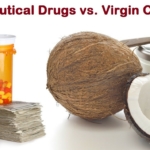 The Evidence of Coconut Oil's Superiority Over Drugs in Destroying Pathogens Continues to be Published in Peer-Reviewed Journals
The Evidence of Coconut Oil's Superiority Over Drugs in Destroying Pathogens Continues to be Published in Peer-Reviewed Journals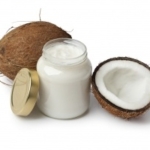 Study: Virgin Coconut Oil Protects Neuronal Damage and Mortality after a Stroke Incidence
Study: Virgin Coconut Oil Protects Neuronal Damage and Mortality after a Stroke Incidence Another Phase 3 Trial Failure to Develop an Alzheimer's Drug Shows Why Virgin Coconut Oil is Needed to Prevent Dementia
Another Phase 3 Trial Failure to Develop an Alzheimer's Drug Shows Why Virgin Coconut Oil is Needed to Prevent Dementia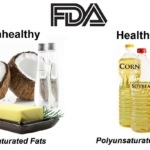 FDA Food Police want to Dictate What Foods are "Healthy" in New Guidelines Criminalizing Traditional Fats Like Butter and Coconut Oil
FDA Food Police want to Dictate What Foods are "Healthy" in New Guidelines Criminalizing Traditional Fats Like Butter and Coconut Oil